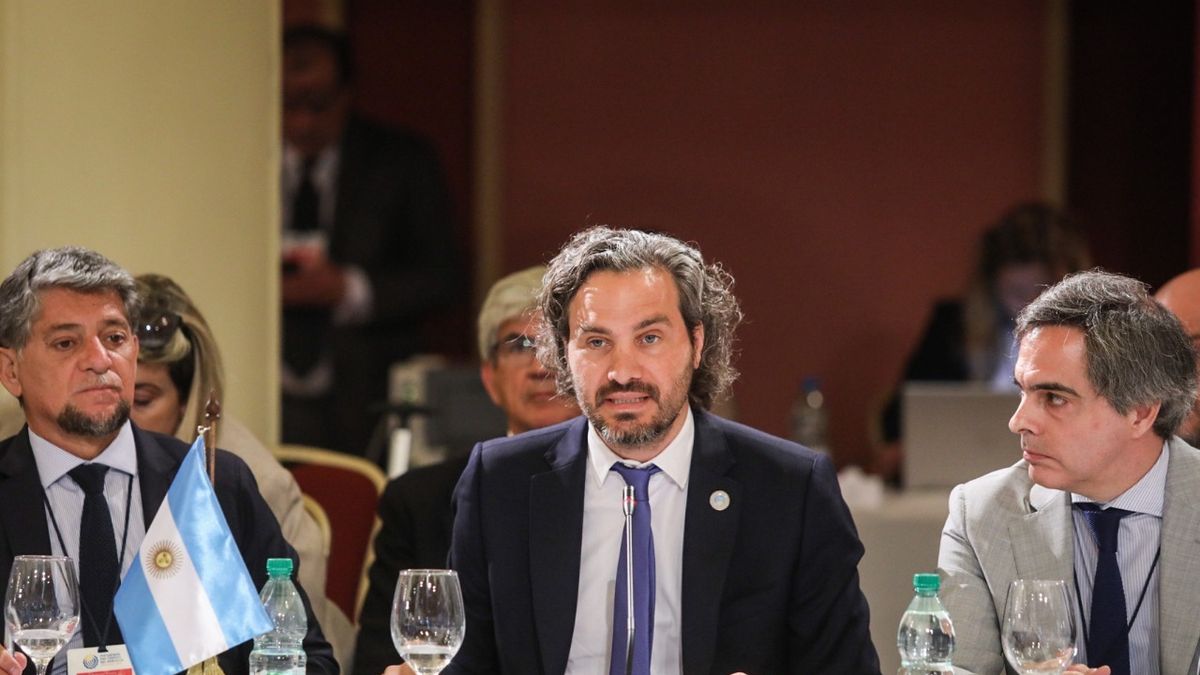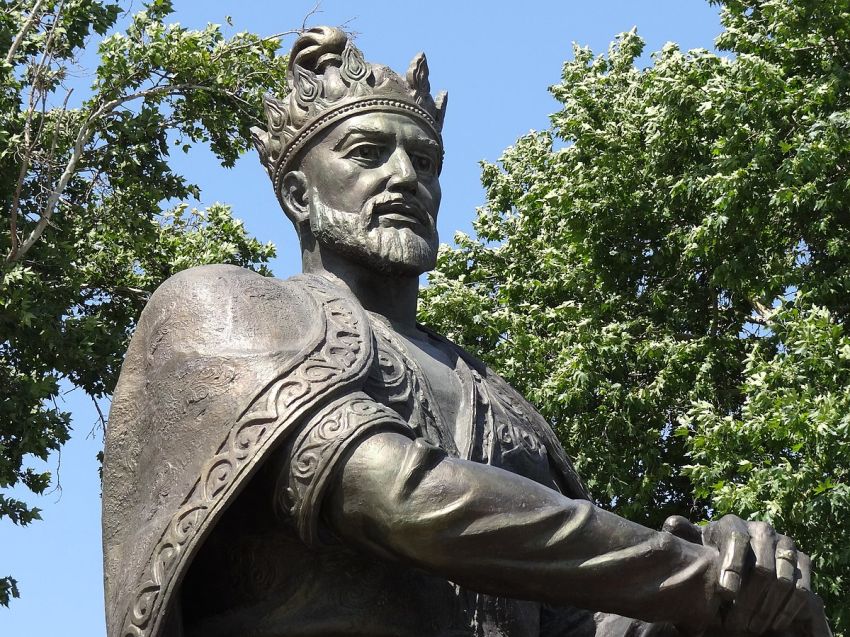In line with the change of political direction in Brazil, Fernández will assume the pro tempore presidency of Mercosur this Tuesday and will try to “consolidate the unity of the bloc”. Diplomatic sources told this media that among their priorities is the idea of seeking a trade agreement with Central America and the Caribbean. “We will prioritize regions where we do not yet have a strong presence and offer many opportunities, not only in traditional products of our export model, but also in high value-added industrial goods,” they explained in this regard.
Foreign Minister Santiago Cafiero’s team considers it “a logical step” since “Mercosur must deepen integration in its own region, to then project itself into other scenarios with great potential”. On this point, one of the destinations that appears in the sights of commercial intelligence work is Africa.
The Argentine government proposes “physical and energy integration” as part of the challenges of the next presidency. He also stresses that work will be done on “strengthening the customs union and implementing a proactive green agenda”. Furthermore, they predict that the Mercosur Business Forum will continue to address strategic sectors, such as the mobility, agriculture and healthcare industry, focused on the regional production of vaccines.
European Union-Mercosur Treaty
A possible trade agreement between Mercosur and Central America and the Caribbean could constitute a new platform for relaunching the pact which has not yet materialized with the European Union. As this medium has reported in other editions, the government has also considered the need to initiate this discussion in the Community of Latin American and Caribbean States.
Currently the treaty between Mercosur and the European Union is frozen in the old continent due to the objections that France formally poses to Brazil’s environmental policy. Even if there are those who believe that strictly speaking this responds to the competitiveness problems that it would entail for that country’s agricultural sector. In any case, up to now not even Argentina has shown much interest in speeding up that discussion.
The pandemic and war scenario has led to a process of relocating production and reconfiguring global supply chains to which the Government is attentive. Argentina now also appears as a possible supplier of the energy and food that Europe needs. As anticipated by Ámbito, a bilateral memorandum will be signed in the coming days to facilitate trade and investment.
Everything is dynamic. Now at the Farnesina they claim that they will try to “unblock pending issues with the European Union”, even if Cafiero warns that they will try to “protect sensitive sectors of industry”. As this medium was able to learn, some negotiations already underway will also be accelerated. These are talks with Singapore, Korea, Indonesia and Canada, among others.
fenced uruguay
Last week, Ámbito reported a joint communiqué between the foreign ministries of Argentina, Brazil and Paraguay that rejected Uruguay’s rupturist stance and warned that countries reserve “the right to adopt measures they deem necessary to defend their interests in legal and commercial fields.
That was certainly the anticipation of what was experienced in the meeting between foreign ministers, where Santiago Cafiero returned to office against the individual adventure of Lacalle Pou. “We see with concern that a path is being taken that appears unilateral and which, most likely, could lead to a break”, said the foreign minister.
Their peers from Brazil and Paraguay have spoken in the same vein. The first, Carlos Franca, said: “We are concerned about the legal and commercial problems that inevitably arise from individual negotiations”. The second, Julio Arriola, argued that “unilateral positions undermine the image of Mercosur”.
After the last meeting, the tension was far from dissipated. The question that remains open is whether Uruguay will materialize its intentions to sign agreements outside the bloc and whether it will dare to remain in a state of rebellion once Lula assumes power in the region’s most important economy.


